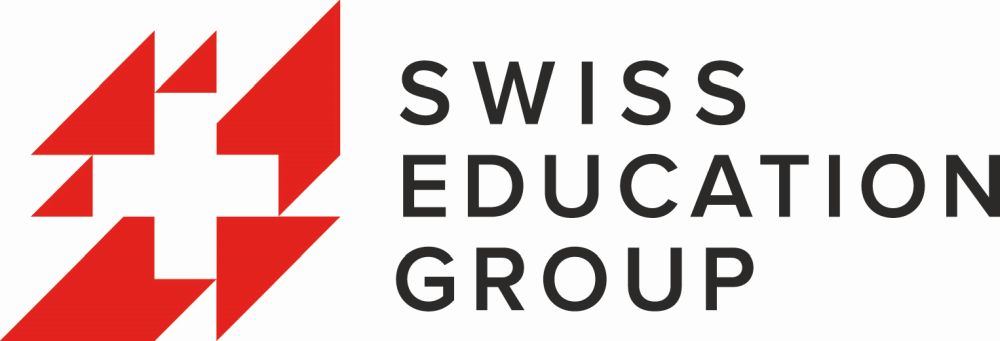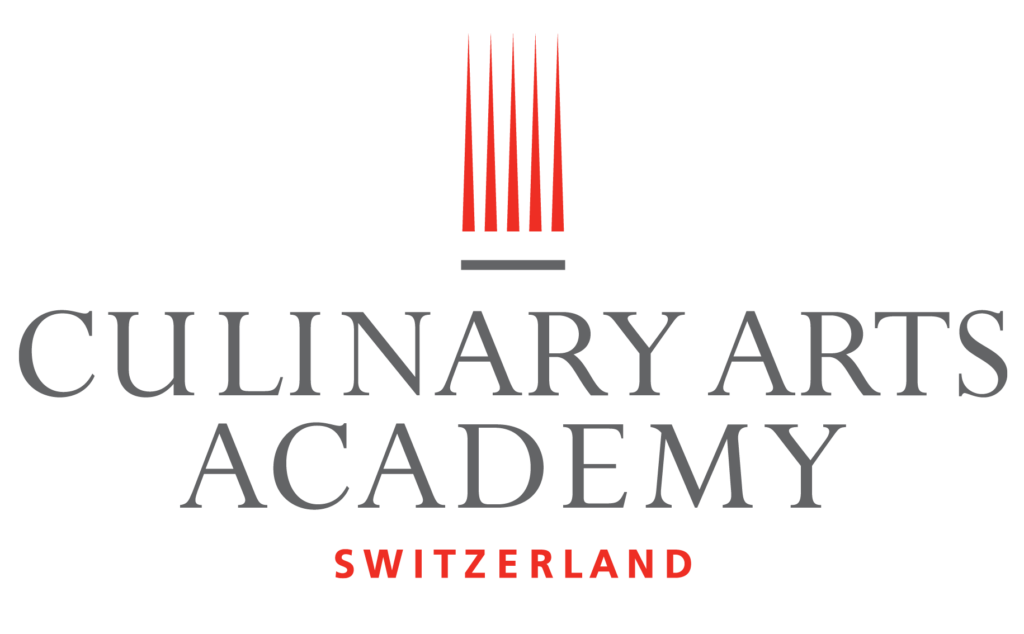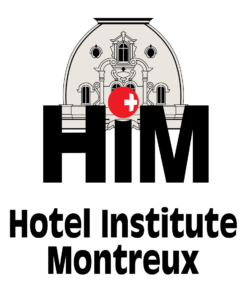Discover what makes a Bachelor in Business Administration from HIM the key to an exciting career!

工商管理學位甚為普遍,曾經是獲僱主聘用的保證,然而在人人都擁有工商管理學位的時代下,可有想過有何優勢能令自己突圍而出?
時代不斷改變,行業及工作類型,加上科技發展一日千里,很多工作職位被淘汰,亦有衍生出新的工作,到底需要具備什麼才能,才可以跨越時代帶來的挑戰?
HIM 的教學及課程的設計正是在傳統的工商管理的基礎上提升學生必須具備的能力,快看看HIM有何不同,完成課程後又怎樣可以有助你將來的就業!!!
Why choose a Career-Focus Education Programme in Business Administration?
HIM is a world-class career-based training institute offering a career focus education bachelor’s degree in business administration that includes hands-on apprenticeships, making graduates work-ready.
Until recently, obtaining a university degree in business administration was the only way to enter the executive world and all but guaranteed a promising future. This assurance led to a fixation among students to acquire a university degree in business and became a general prerequisite for employers. However, as basic economic principles teach us, all markets rely on supply and demand. As demand for a university degree surged, it was met with a corresponding increase in supply facilitated by greater affordability and relaxed admission criteria. Initially, this had positive outcomes for students, educational institutions, and employers. However, these freshly printed diplomas lost their value over time, much like freshly minted fiat currency in a recessive market.
The proliferation of graduates at a reduced cost and with lowered university admission standards resulted in an unintended consequence that caught the attention of employers. In the flood of business degrees, most new graduates were found to be deficient in essential soft skills and relevant career-based skills, which are critical in business.
Today, we see increased demand for career-based education across all sectors, especially in the traditional business education model.
But what is career-based education, and
how does it differ from a traditional university education?
A traditional college or university, particularly at the undergraduate level, offers broad education applicable to various professions within a field. A career-based training institute focuses on direct knowledge and instruction in a specific area or role, omitting unrelated subjects.
Historically, career-based education was intended for trades and crafts involving manual work, like plumbing, baking, or car repair. This practical education focused on developing the skills and knowledge necessary for everyday tasks in a specific field, emphasizing hands-on learning rather than abstract concepts and theories. These schools were often considered non-academic, but career-based education has evolved to cover industries ranging from business administration to information technology and computer programming.
Today’s career-based schools cater to a wide range of traditional and modern careers, offering in-depth training in creative industries such as photography, culinary arts, hospitality, and design arts such as fashion, graphics, interior, and video game design. They also provide training for important professional jobs such as accounting, medical or dental assistant, and court reporting, and they still are the first-choice education for traditional essential trades.
In short, a career-based training institute aims to prepare students for immediate employment by equipping them with practical industry skills which facilitate a smooth transition into their chosen profession. This is achieved through classroom and hands-on training, ensuring students grasp concepts and develop the necessary competencies for their trade. This approach differs from a university path of study which aims to provide a broad education based on theory, which may or may not produce a well-rounded graduate ready to work.
If I attend a career-based training institute, will I receive a certificate, diploma, or a degree… and what is the difference?
Certificates, degrees, and diplomas certify accomplishments in higher education, each with unique requirements, job prospects, and significance. Choosing the right option is crucial for career goals. By comparing their paths and outcomes, you can prepare for your desired career.
It’s prudent to note that any educational institution can offer its own certificate or diploma, so choosing an accredited school or program is important. Accreditation is an assessment process performed by a third party that validates schools and their programs, offering assurance of a quality education. The accreditation process is laborious, expensive, and wrought with regulations therefore, some reputable schools may choose not to be accredited. Trade schools may not prioritize accreditation if not required in the industry. Higher graduate levels tend to prioritize accreditation; therefore, be aware that credits from unaccredited schools or programs may not transfer, so accredited schools or programs are preferable for further education.
Another point to consider when assessing schools is that not all career-based training institutes will offer the same graduation level.
Certificates are career-based certifications for specific skills. They are shorter programs without core classes. Diplomas are awarded for secondary and post-secondary studies, taking about two years. Career-based training institutes may grant diplomas instead of certificates if their curriculum is more comprehensive. Degrees are earned from colleges or universities for completion of undergraduate or graduate programs. Bachelor’s degrees take three to four years which include general and major-specific courses. Further education can be pursued with graduate degrees like a master’s or Ph.D.
So how does HIM compare?






